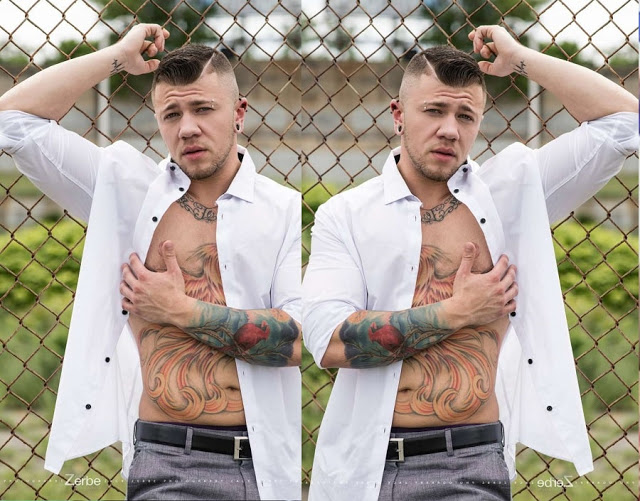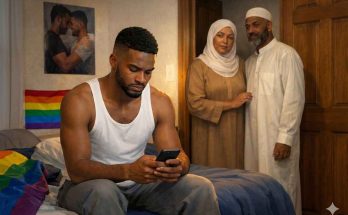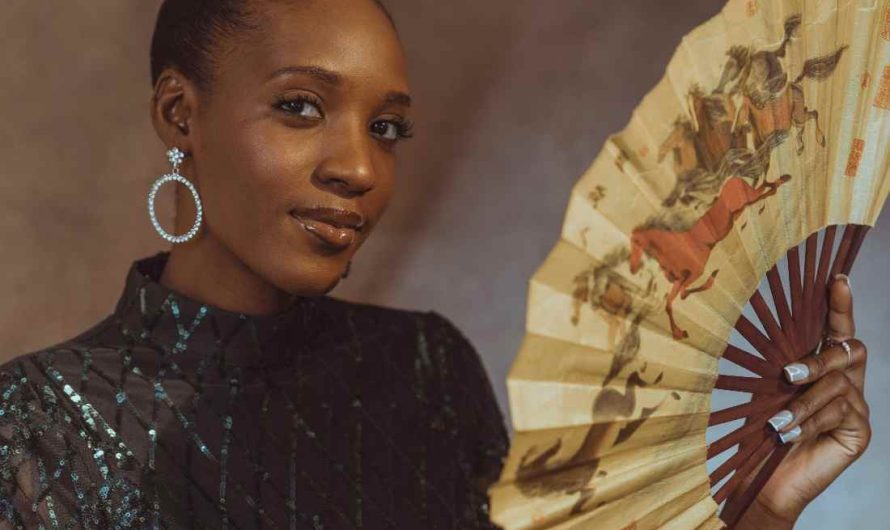by Demicia Montoya
I was born on July 10, 1992, as Demicia Ann Montoya, a healthy baby girl weighing in at 8 pounds, 14 ounces.
I can’t pinpoint the exact age I became aware something was wrong with my body. Maybe that’s because I don’t remember a time when I didn’t feel like something was wrong.
It’s not that I was a little girl who just wanted to be a boy. Every single cell in my body was telling me that I was a boy. I would have vivid dreams that this were true, only to wake up and stare in the mirror in disbelief. It made me want to crawl out of my skin and cry. But I felt like I had no options, that no one would ever take me seriously. So, I repressed these feelings for a long time.
A year before high school, I came out to my family and friends as a lesbian. I got my first buzz cut and dressed very masculine. I was sometimes mistaken for a boy, which made me light up every time I heard it. But the truth is: I was still in denial. I did not know anything about the transition process, and the thought of it scared me. I wish I had resources back then, or someone to look up to; then maybe I would have started the process sooner.
After graduating high school, I was dead-set on attending the University of Massachusetts Amherst to pursue an undergraduate degree in pre-veterinary studies. There was an LGBTQIA/Ally inclusive floor that I wanted to live on to make myself more comfortable.
In 2011, by the fall of my sophomore year, I knew what I had to do: I had to come out, again.
At first, I just told my friends at school. Most of them didn’t even bat an eye. I changed my name and pronouns on Facebook, which my mom then saw and called me right away. I told her about my intentions to transition to male, and although she used words like “out of the blue” and “never saw this coming,” she came around pretty quickly. My dad, on the other hand, took a couple of years to come to terms with my transition. Eventually, though, he proudly accepted me as his son.
There was an awkward period at the beginning of my transition when I would get misgendered a lot; people would use my old name or “she/her” pronouns. Every time that happened it was like a stab in the chest. I just wanted to leave my old life behind and live as “Damien.”
I got my top surgery done a year after I came out, during my junior year at UMass. Thankfully, the university’s insurance covered it and I did not have to pay out of pocket. Soon, I lived my life passing as a cisgender male. It felt great, and I lived what the community calls “stealth” where I didn’t tell anyone about my past. I just wanted to live a “normal” male life, without the constant questions and judgment.
I graduated college in 2014 and landed a job in my field the following year. All was going well, but after a while, I started to feel inauthentic. In 2017, at the age of 25 ― six years after starting my transition ― I decided to come out again, this time publicly as an openly transgender male.
First, I took to Instagram. I didn’t have many followers at first, but that would soon change after making my initial National Coming Out Day post. I had people from all over the world messaging me for advice, or just to tell me how inspiring my story was. All the positive feedback made me realize my story is an important one to share, and it gave me the strength to jump my last hurdle: telling my workplace the truth about my past.
I had been working as an animal care technician for a university for two years. I shared a locker room with other men daily. No one had a clue that I was transgender, and I took a lot of pride in that. It reassured me that transitioning was the right thing to do.
A few months after coming out on social media, I received a promotion to supervisor at my job, and I was ecstatic. I stayed quiet during my probationary period, but as soon as that ended, I was at the Diversity and Inclusion Office, discussing strategies on how to come out to my department of 70 people. We decided to put together a presentation about “Being Authentic at Work” for one of our quarterly department meetings. I was nervous, voice shaky and palms sweating.
I expected to get bombarded with questions, but to my pleasant surprise, it was like nothing had changed. I still have the respect of my direct reports and no one gives me a second look in the locker rooms.
Seven years passed between coming out as transgender in college and coming out publicly at my job. Since coming out here, I have been asked by the Diversity and Inclusion Office to speak at other events and join the university’s LGBTQIA+ committee. It feels amazing to be able to bring awareness and give back to the community that has allowed me to live my life as my authentic self.
Authenticity and visibility are so important. I want to be the role model that I didn’t have growing up. I want to be a resource to help other people who may be struggling with their identities, to show them there is hope.
***
This piece by Demicia Montoya first appeared on The Huffington Post.




AFTER COMING OUT TOAL AS A GUY, DO YOU HAVE PROBLEMS IN THE LOOKERS ROOM, AND WHAT BATHROOM WOULD YOU USE, THE BOYS OR THE GIRLS? Your story WAS AWESOME, BUT IF YOUR INSURANCE DID COVER IT ALL? BUT IF IT DID, YOUR FATHER OR MOTHER WOULD HAVE PAID FOR YOU, AND YOUR PARENTS CUT YOU OFF AFTER A CURRENT AGE HOW COSTLY WAS IT TO HAVE IT DONE?